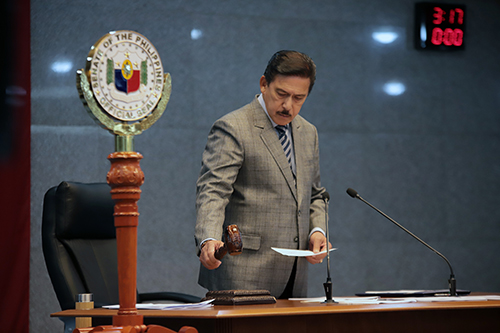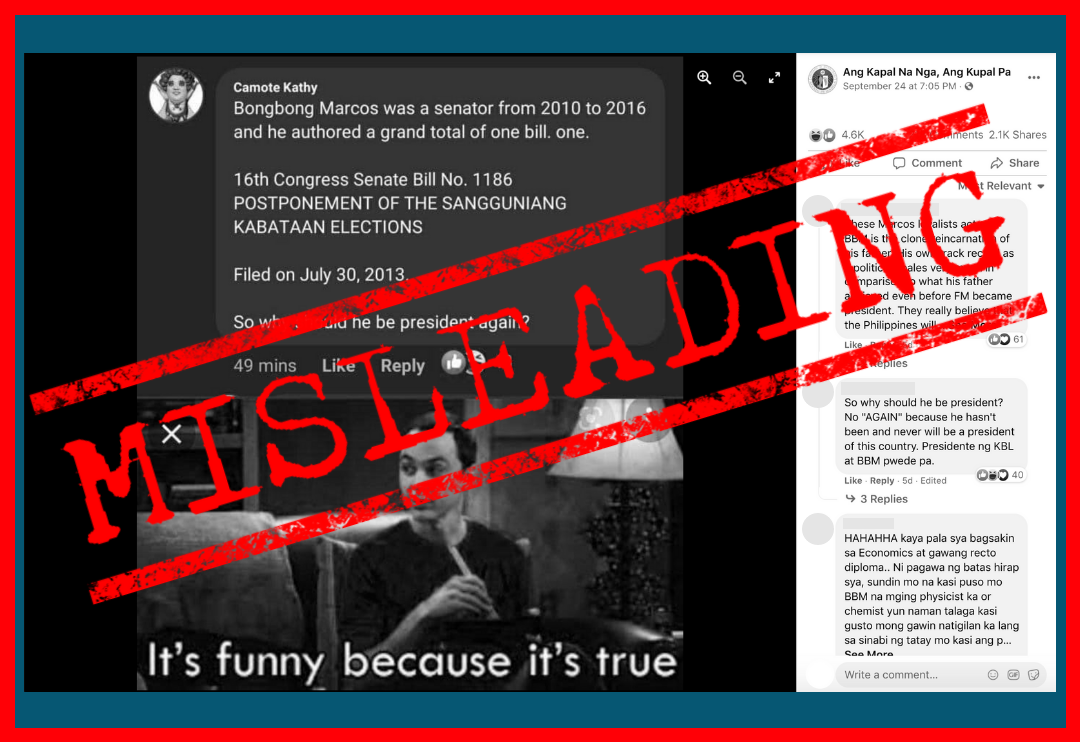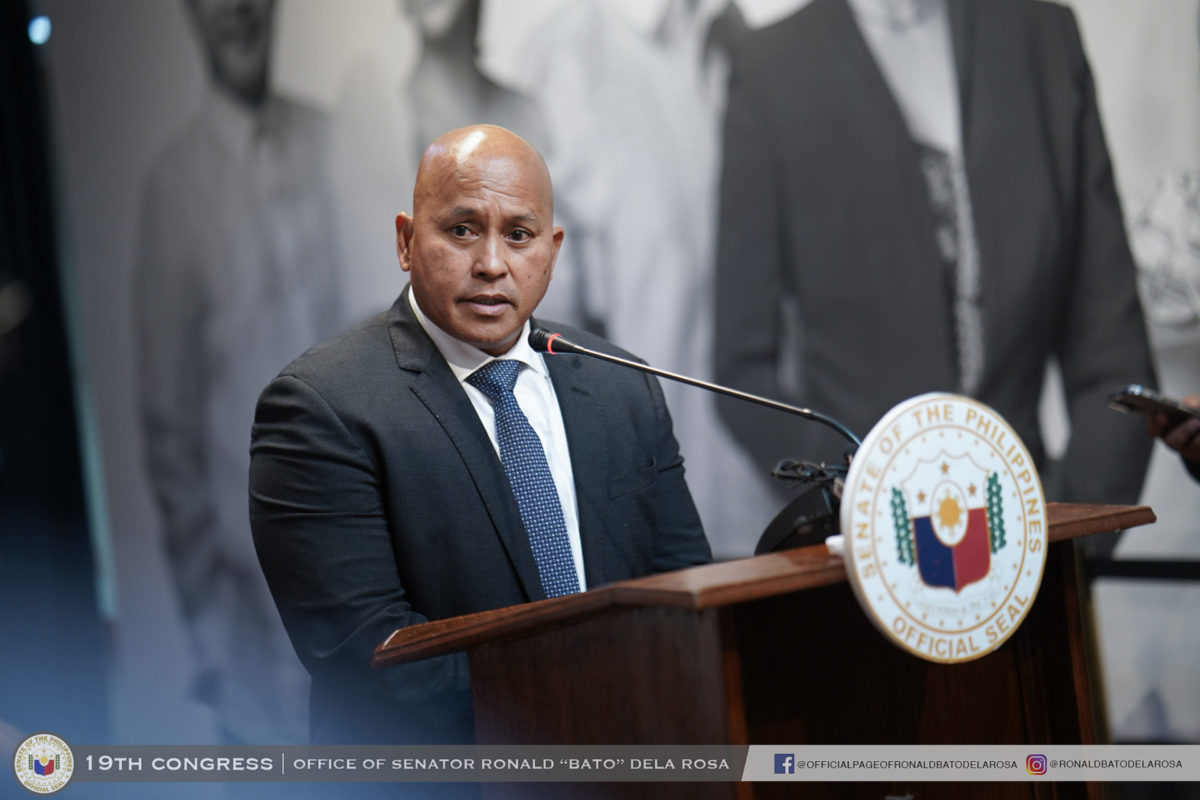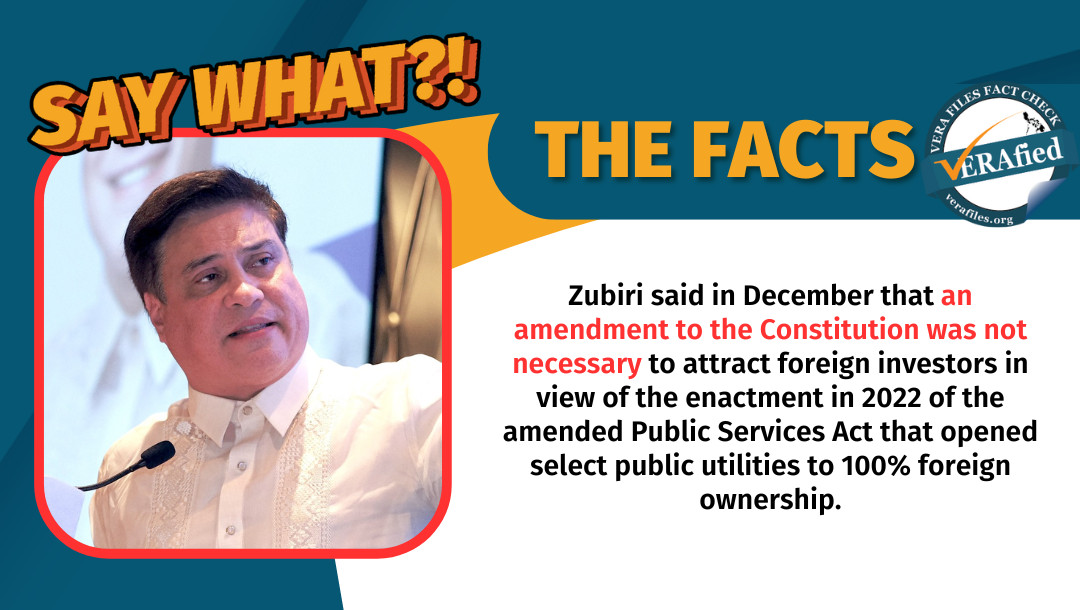The Senate, on Feb. 26, passed on third and final reading Senate Bill 1083, or the “Anti-Terrorism Act of 2020,” a measure that aims to update and repeal some provisions of the Human Security Act (HSA) and “strengthen” the country’s capability to combat terrorism.
Nineteen senators voted in favor of the bill; only minority senators Francis “Kiko” Pangilinan and Risa Hontiveros voted against it. Pangilinan, in explaining his vote, said the amendments to the HSA were “worrisome” and could make the law “an even worse tool for repression, instead of an instrument of thwarting terrorists,” while Hontiveros, in a media interview, said “democratic freedoms” must not be sacrificed “in the name of security.”
How is the Senate’s proposed Anti-Terrorism law different from the HSA? Here are three things you need to know:
1. The bill expands the definition of terrorist acts.
The HSA, enacted in 2007, defines terrorism as the violation of certain provisions of the Revised Penal Code — such as piracy, rebellion, insurection, coup d’ état, murder, kidnapping and serious illegal detention — for the purpose of sowing “widespread and extraordinary fear and panic” in the people in order to “coerce the government to give in to an unlawful demand.” (See VERA FILES FACT SHEET: Why ‘red-tagging’ is dangerous)
Under the Anti-Terrorism bill, on the other hand, terrorism is committed when persons within or outside the country engage in certain acts, “regardless of the stage of execution,” for the purpose of intimidating the whole, or a segment of the general public and creating an “atmosphere of fear” to:
- provoke or influence [through] intimidation the government or any of its international organizations;
- seriously destabilize or destroy the fundamental political, economic, or social structures of the country;
- create a public emergency; or,
- seriously undermine public safety.
These acts, which are all punishable with life imprisonment without parole, are:
Terrorism charges were also expanded to cover:
Some of these acts were previously considered as predicate crimes to terrorism and not terrorist acts in themselves. Sen. Panfilo “Ping” Lacson, who sponsored the bill, said the removal of predicate crimes makes this bill more “proactive” and “direct.”
2. The bill extends the amount of time a suspected terrorist can be detained after a warrantless arrest and removes the P500,000 fine for erring officials.
Under the HSA, a person arrested without a warrant for terrorism may be detained for a maximum of three days, and must be presented, prior to detention, to the nearest judge, who will determine whether or not the suspect had been subjected to any physical, moral, or psychological torture, among other tasks.
Failure to release the person on time or present them to the judge will result in a penalty of imprisonment for 10 to 12 years.
Sec. 29 of the proposed law, on the other hand, seeks to extend the days of detention to 14, with an option to extend for another 10 days, if necessary, to preserve evidence, prevent an upcoming terrorist attack, or properly conclude an investigation.
It did not include the provision requiring law enforcers to present the suspected terrorist to the nearest judge prior to detention. Keeping the person for more than 14 days without the conditions for extension has a penalty of 10 years imprisonment.
Both measures provide for the rights of the detained, including a logbook on the procedures and visitors of the detained, their right to legal counsel, their right to privacy, and their visitation rights.
The bill, however, drops the provision on damages for unproven charge of terrorism under Sec. 50 of the HSA, which entitles any person wrongfully accused of terrorism to P500,000 for every day spent in detention. Lacson said this provision made law enforcers hesitant to file charges based on the HSA for fear of paying fines.
3. The bill extends the period of time a person’s communications can be put under surveillance.
The HSA currently allows up to 30 days of surveillance of a suspect’s phone communications, provided there is probable cause and the law enforcer or military personnel gets permission from the Court of Appeals. The wiretap period can be extended or renewed for another period not exceeding 30 days if the case is in the public interest and the original applicant for the permission files for it.
Sec. 16 of the anti-terrorism bill, on the other hand, expanded the original 30-day period to 60 days, but maintains the period and requirements for an extension.
In both cases, communications between lawyers and clients, doctors and patients, journalists and sources, and confidential business correspondence are not allowed to be recorded.





